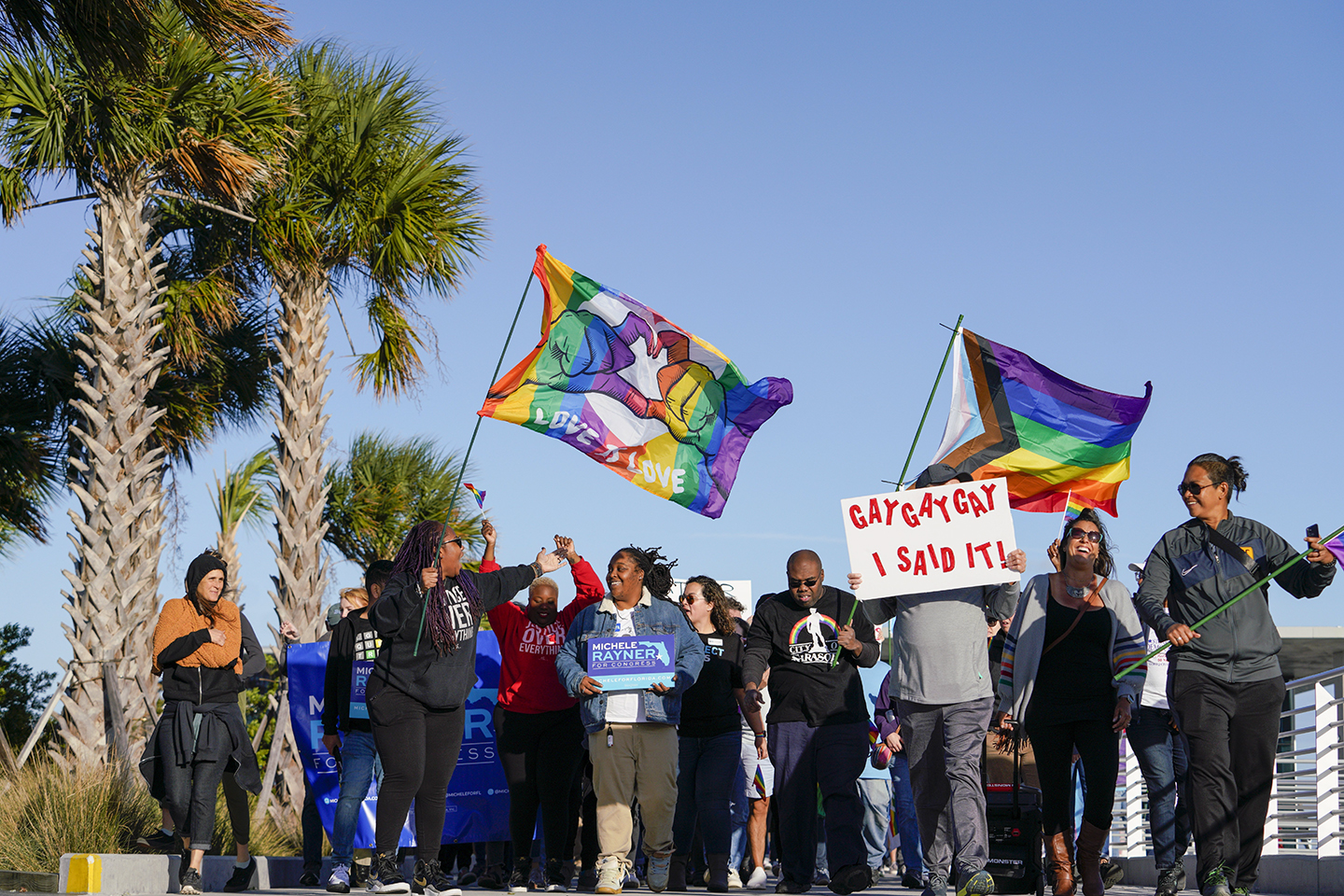Halloween, documented to have gone as far back as the 7th century, has now become one
of the world’s oldest holidays. In America, we celebrate the holiday through costumes and
trick-or-treating. We spend time with friends, go to parties, haunted houses, or even curl up to
watch horror movies. Yet, these “festivities” were certainly not the original intention nor
meaning behind Halloween. So, how has our society, globally, shifted the initially Pagan rituals
of what used to be All Hallows Eve?
To understand how our society has changed both the meaning and way in which we
celebrate, one must first learn the origins of All Hallows Eve. Halloween has significant roots in
the ancient Celtic festival of Samhain (Gaelic: “SAH-win”). The holiday represented a pagan
religious celebration to welcome a new harvest season at the end of summer. During the festival,
people welcomed back the souls of their loved ones who had since passed on and were returning
to visit. Many set off bonfires to frighten away “evil spirits” and began the tradition of costume,
by wearing masks and other disguises to avoid ghost recognition. Years later, Pope Boniface IV
moved All Saints’ Day to November 1st, hoping to supplant a pagan holiday with a Christian
observance, and thus Halloween was born.
As years passed, the holiday became less and less about the early Pagan rituals and more
about a favorite American pastime: trick-or-treating. There is much debate regarding the origins
of trick-or-treating; some believe that during Samhain, Celtic people would leave out food and
drink to appease the spirits traveling Earth that night. Others argue that modern American
trick-or-treating stems from “belsnickeling,” a German-American Christmas tradition where
children dress in costume and call on their neighbors to guess the identities of the disguised, and
ultimately rewarded in treats. However, regardless of origin, one can certainly say that we have
taken these ancient traditions and modernized them for our personal preferences as opposed to
preserving global history. There are even entirely separate “versions” of Halloween, seen as
holidays such as Dia de Los Muertos, celebrated in Mexico and Latin America. Dia de los
Muertos (Day of the Dead) honors ancestors and loved ones who have passed, by setting up
altars of food, pictures, photographs, flowers, and other mementos. They hope that their spirits
will find the way home.
Ultimately, whether or not the changes made to what was once “All Hallows Eve” are
decidedly inevitable or, on the contrary, potential appropriation, is not for me to decide. There
are other examples of older holidays taken and changed to suit different cultures, beliefs, and
values. As long as we, as a society, do not forget the roots of this beloved holiday, I believe that
we will be able to successfully incorporate new modern traditions to an ancient celebration. The
integration and incorporation of new groups is what keeps these celebrations and memories alive.
I know that this year, while I may be out with friends or watching a scary movie on Halloween, I
will remember the traditions of our past in hopes to create a better present.
Viking Call
Upper Merion High's Student Newspaper

